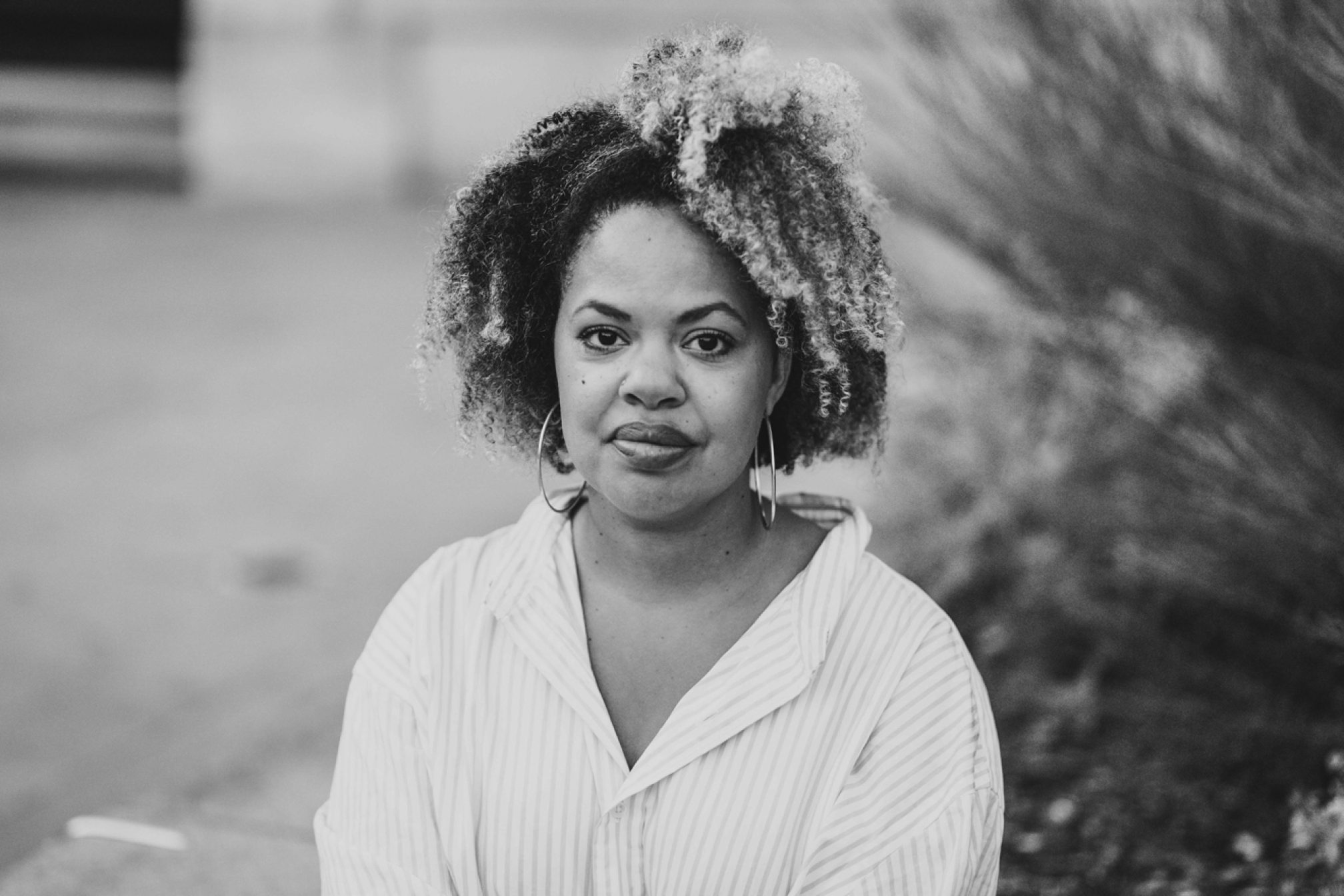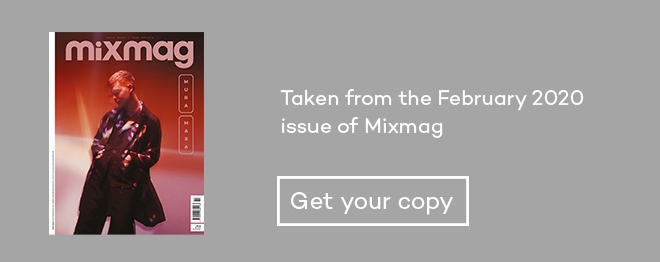
Saffron founder Laura Lewis-Paul: "We're looking at white, male spaces and making them more diverse"
Laura Lewis-Paul is working towards greater representation for women in the music tech industry
Laura Lewis-Paul runs Saffron, a label and artist development platform based in Bristol. Laura is also a mentor manager for shesaid.so and former founding director of Bristol Women in Music. With Saffron, Laura creates educational opportunities for womxn, challenging the music tech landscape for a future industry that’s inclusive and diverse.
How did you get into the music industry?
Bristol’s music scene is very inviting and exciting, and my love for music meant I was going out and going to lots of gigs. Professionally, I got involved through setting up Saffron. I’d set up a small label as part of a charity through my youth work and community outreach, working creatively with different communities. I could see it was a template that really worked for engaging young people.
Read this next: The women who've shaped electronic music
What inspired you to set up Saffron?
We took a youth group to Real World Studios and it was very male-dominated. I spoke to some of the young women, asking how they felt going into that industry. They were really optimistic, saying they were excited because being a woman, they would get recognised for what they were doing. I felt very disheartened because I knew that wasn’t really the way. For me, being a woman, and being a black woman, you know that you can often have to work ten times harder to prove yourself when you’re a minority within a certain demographic.
I’ve got a lot of creative ideas and energy to put into a project or business, which wasn’t able to be fulfilled within the charity sector. I knew I wanted to run my own business so I set up Saffron in 2015 as a label. Looking back, that wasn’t the best idea financially, as labels need so much investment. [But] we realised we had to change the way it worked and what it was about. It was always for women, but there was a bigger picture we needed to look at.
What changes would you like to see in the industry?
The statistic we want to change is that women currently make up just five per cent of the music tech industry. It’s about looking at white, male spaces and making them more diverse. The white, male way is not the only way. We all need to be working on that.
At times, it feels like people are losing focus. Sometimes I think companies are ticking boxes for marketing, you know: “We’ve got an all-female line-up, we’re good for the next two years.” I think it’s about being able to keep that momentum and keep people engaged. Getting women started in these early stages, they’re spreading the message that they want to be a part of this industry and they’re not going to let it fizzle out and go back to how it was.
Read this next: Men who want to boost equality in dance music should get on with it
How has Saffron influenced the industry both in Bristol and beyond?
I guess it’s about simultaneously changing from the top and the bottom. We had Tech Dissect at Spitfire Audio – basically a day for women in music technology with panel discussions and keynote speakers – which sold out. It’s then about how we continue to work with and inspire these women. There’s an aftercare needed. At the same time, we’re still working with the industry so that by the time they’re ready to go into it, they can meet in the middle. We also run sound engineering courses, music production with Logic and Ableton, and DJing with our Mix Nights. The DJing is amazing, we’ve got over two hundred women on the waiting list. Bristol’s DJ industry has really changed. On all the posters now there’s at least one DJ who has taken part in our Mix Nights course.
What’s next?
I’ve been off this year with maternity leave and it’s been a really good time to reflect. That might sound weird, but when you’re breastfeeding, I’d say there’s more capacity in your mind for deep, reflective thinking. My mind won’t be able to go back to that day-to-day management I was doing before. It makes you really think about your work, having a new baby and a young company. It’s very much about nurturing.
We’re doing pilots with the British Council for how we expand our Saffron For Sound courses to other cities. They’re funding us to put together programmes and we’ve trialled in Argentina and Russia. It’s about gaining an understanding of other communities and cultures and how that can also feed into our work. That’s what we’ll be working on in 2020.
Brit Seaton is a freelance writer, check her website
Commissioned and produced as part of the Mixmag x Shesaid.so editorial partnership



